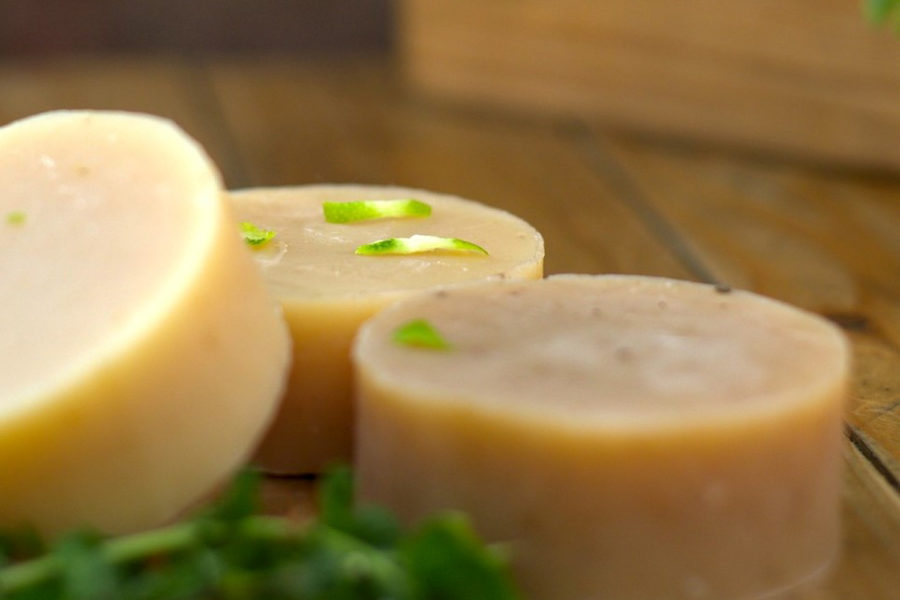Some time ago we read on the Pro cosmetics blog about the new consumer : conscious supportive and sustainable : “The pandemic has demonstrated the enormous adaptability of society as a whole to a new volatile scenario, which has changed the priorities and way of thinking about growth and development, prompting society to slow down the previous pace of life in a sustainable way.”
This circumstance of the “new normal” brought a “new consumer” .
A product of this, and if anything good came out of Covid-19, it was the increase in demand for natural and organic products. That is good and we are happy about it.
“Y sin embargo” is not only Joaquín Sabina’s favorite love song, but it seems to be a common conditioner in this topic.
It is a thorny issue. There are many products on the market that are offered as “natural and organic”. However, how many of these are authentic? Is it just another marketing strategy?
Browsing through social networks it is evident that there is not enough information for the consumer and little traceability on the part of the producer about what is organic and natural.
Let’s consider this under three questions.
1- What does natural mean?
In natural cosmetics, which is what we do, it implies that only ingredients from nature are used. With minimal human intervention. For example: first extraction oils, flowers, etc.
2- What does a product require to be called “organic”?
If we indicate that it is “organic”, it means that these natural ingredients have been cultivated under certain conditions.
Let’s take an example: by saying that a marigold oil is organic, it implies that the marigold flowers were grown under certain conditions. The origin of the irrigation water will be analyzed, is it from a natural source or is it used by other crops? And if so, how are these crops treated? The land where the flowers were grown, how long has it been free of chemicals? Does it have neighboring farms that fumigate? How far away are these farms, etc.?
It should be noted that this type of examination is done to grant an organic certification or seal: a guarantee that a product is organic. Usually those who grant it are very rigorous in the process of obtaining it. And the legislation will determine these parameters.
In Ecuador this legislation that regulates the certifications is recent. And entering into these processes has a high cost for producers, which makes it difficult to achieve and few have obtained it.
Fortunately there are other ways to demonstrate whether the crop or product is organic.
Agroecology is defined as “…agroecology is an economically viable form of agricultural production that guarantees the production of healthy food, preserves ecosystems, promotes the use of technologies with low environmental impact, prioritizes the use of local inputs and dynamizes social, economic, peasant and urban relations…” (Heifer Foundation). (Heifer Foundation)
An economically and socially viable alternative for our environment. And from which many associations of Ecuadorian producers have benefited and therefore the consumer of their products.
3- It claims to be natural and it is wrapped in plastic?
There are other aspects, such as consistency with packaging and labeling.
It is common to find the terms “natural”, “bio” or the green label on the packaging of various products that claim to be natural. However, if we take a few minutes and turn the package over to read what it contains, we will discover that it is not natural at all!
And what’s more, it’s wrapped in plastic!
Finally, as a result of this new trend of sustainable consumption, there is a greater use in advertising of certain terms, which associated could cause confusion.
If it is artisanal and handmade, is it healthy?
Not necessarily, but if you consume from the producer you help the local economy. Conscious consumption is a way to help and be supportive. Ask the producer about processes and materials used.
If it is natural, is it organic?
As we saw it is not the same, again it plays a very important role to inquire with the producer.
And yet it is preferable something handmade from small producers to “handmade” from international chains. Beware of misleading advertising
And yet handmade from a local producer is preferable, even if it is not natural.
And yet natural is preferable, even if it is not organic.
The power of the consumer is enormous, keep demanding and we will achieve many things.
